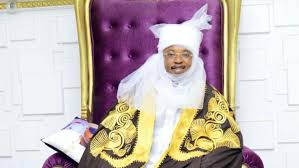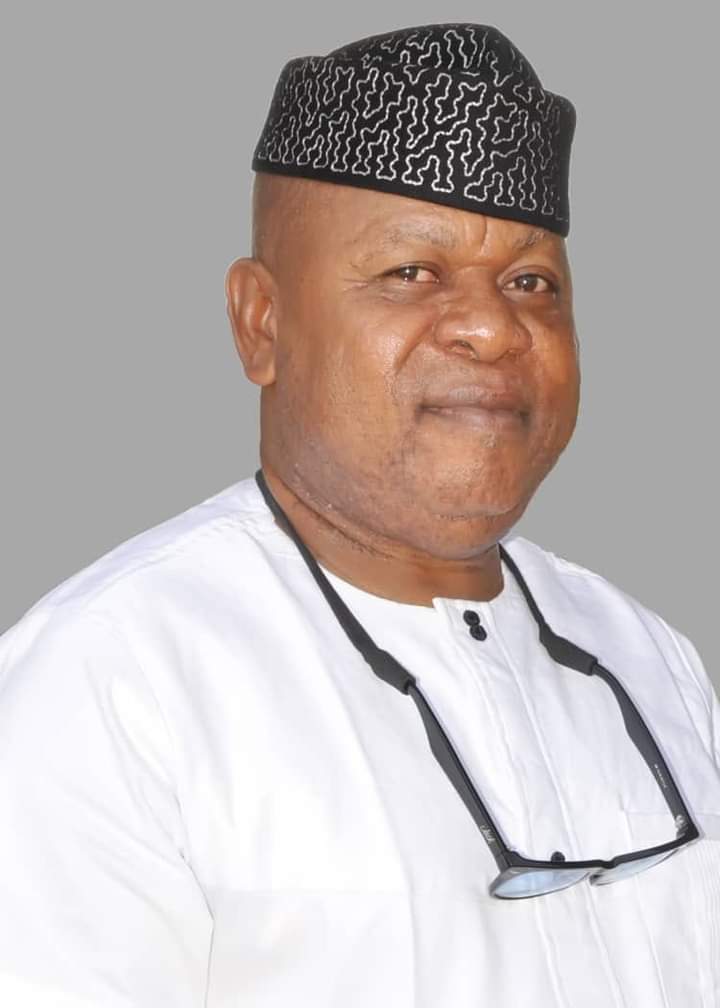Oluwo endorses Sharia in South-West, as prominent leaders kick

By Samuel Ogunsona
The Oluwo of Iwo, Oba Abdulrasheed Akanbi, has expressed support for the introduction of Sharia law in the South-West, a move that has been met with fierce opposition from prominent Muslim and Christian leaders in the multi-religious region.
An official of Alliance for Yoruba Democratic Movement, (AYDM) Shamsudeen Ayodele who spoke to Irohinoodua on Sunday said the Oluwo speaks like a “paid agent of destabilosation”
He said the Oluwo is everything but a Muslim adding that his personal lifestyle totally oppose Musim tenets.
Ayodele who is the AYDM Chairperson in Osun state accused the Oluwo of lacking any sense of history.
“Some of this people are stack illiterates who bought their way to sit on important traditional institutions. We are aware that some Northern Emirs are promoting Sharia in the South West for two reasons: They want to destabilise the Government of President Bola Ahmed Tinubu and the second reason is that they are not happy that the South West is the home peace in Nigeria. They want a major crisis in Yorubaland so that Yorubaland can be like the North that has been torn apart and not in total ruin due to religious extremism and ethnic divide. They are spending billions of Naira to achieve these plans.”
Despite the postponement of the Sharia councils inauguration which was initially planned for January 11, 2025, Oba Akanbi remains adamant that the law has been a part of Yoruba tradition for more than 100years, a claim which is false.
Few days ago, prominent Muslim, Christian and Traditional rulers met in Oyo State warning that they would resist any form of extremism in Yoruba territories.
His decision has met with opposition from many religious leaders stating that “Its a slap in the face of Yoruba standing culture and tradition”.
Recall, In 2018, the Oluwo of Iwo land? also sparked controversy by adopting the title of Emir, traditionally associated with Hausa/Fulani culture, instead of the customary “Oba” title used in the South West.
This move was seen as a betrayal and departure from Yoruba tradition.
The meeting, organized by the Oyo state government, brought together prominent leaders from the three religious groups, including Baba Araba Ifayemi Elebuibon, Sheik Akewugbagold, and Sheik Oluhunlomerue.
The Oluwo’s decision was further complicated by his installation of Yahquub Abdul-Baaqi Mohammed as Waziri of Yorubaland, a title typically associated with northern traditional rulers.
This installation was done despite warnings from the League of Imams and Alfas in Southwest Nigeria, Edo, and Delta States, who advised restricting the title to Iwo land only.
The Oluwo justified his actions, stating his desire to emulate good qualities and promote unity, which he felt was lacking among Yoruba monarchies due to infighting and backstabbing.
Speaking in an interview with Sunday Punch, Oba Akanbi, noted that Sharia law was already in Yoruba land.
He said, “We have Sharia banks in the South-West, and these banks operate according to Sharia law. Sharia law has been in Iwo for over 100 years, and there is a Sharia college in Iwo. It’s the right of Muslims to choose customary law or the high court.
“Many Muslims feel disenfranchised when it comes to the sharing of inheritance and divorce matters. Western education doesn’t understand the ways of Muslim divorce, marriage, and inheritance. Sharia law is in the constitution of Nigeria, and it’s visible in the North, where there are Nigerians. Anywhere we have Muslims, there is Sharia.”
Oba Akanbi stressed that Sharia law was only for Muslims and did not concern others.
“If any other person likes it, they can convert to Islam, and Muslims can also convert to Christianity. Everyone is free. Sharia shouldn’t be a problem for other religions. No government can deny Muslims their inalienable rights,” he explained.
However, Bishop Wale Oke has vehemently rejected the idea, emphasizing that there’s no room for Sharia law in the South-West.
Many have echoed his sentiments, arguing that the region’s cultural and religious diversity is a strength that must be preserved.
Critics of Sharia law in the South-West point to its potential to undermine the region’s secular values and create divisions among the population.
Some have also drawn parallels with the situation in Northern Nigeria, where Sharia law has been implemented in some states.
The debate highlights the complex and sensitive nature of religious and cultural issues in Nigeria. While some argue that Sharia law is a fundamental right for Muslims, others see it as a threat to the region’s stability and cohesion.





